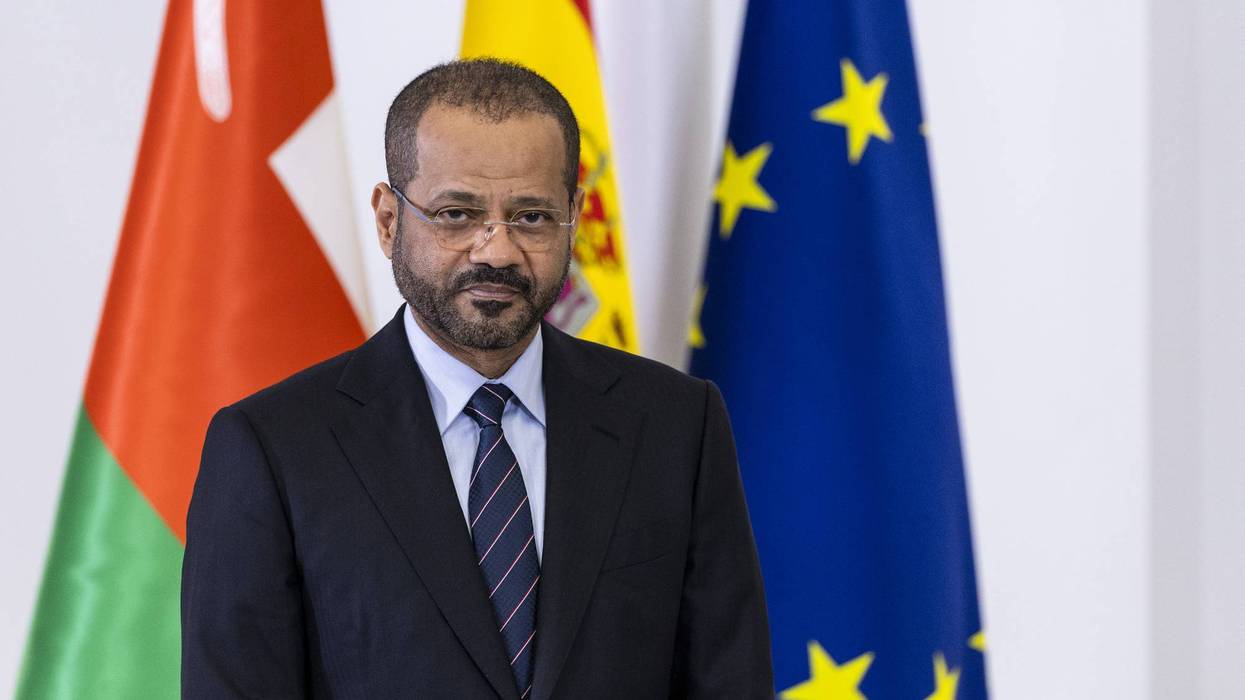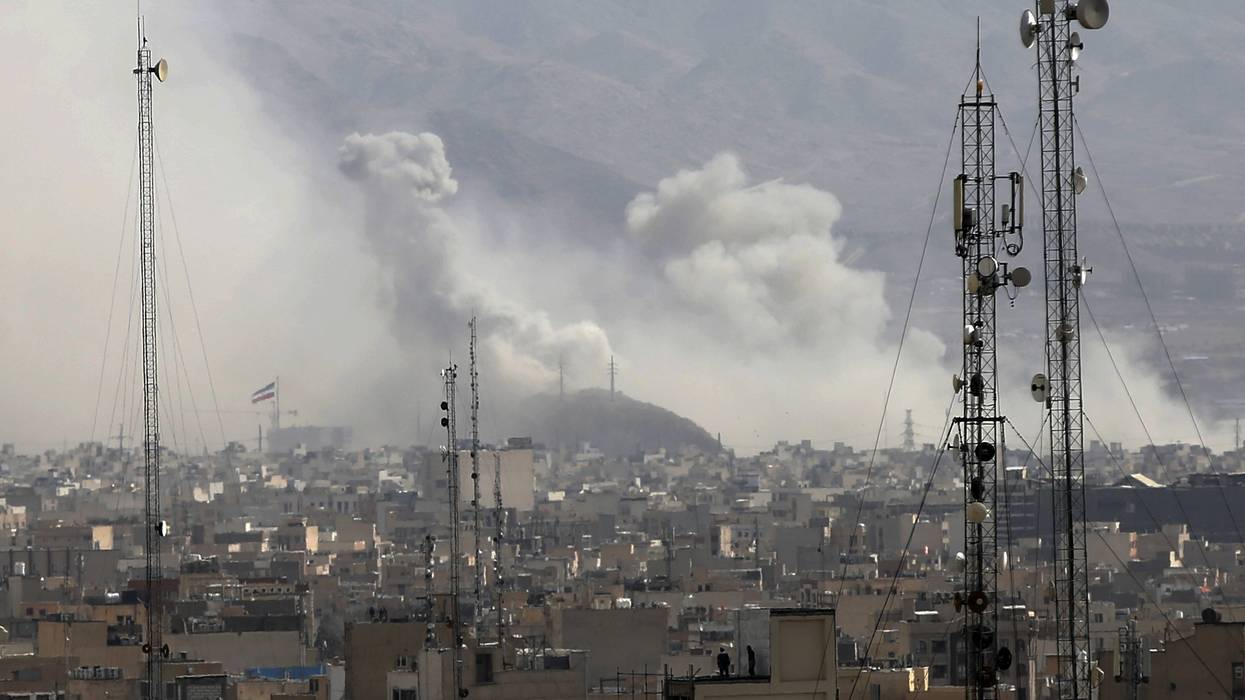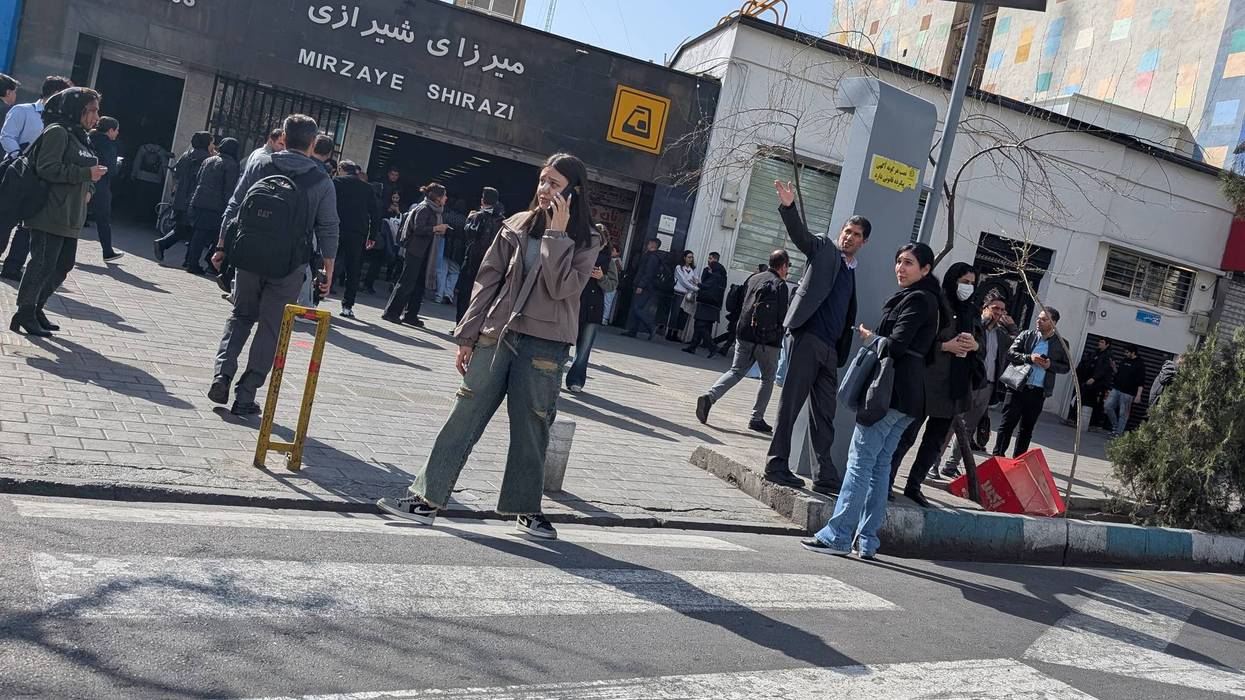December, 14 2021, 11:39am EDT

Analysis of 2001 AUMF Shows Lack of Oversight of U.S. Counterterrorism Operations
New Analysis Shows Some Counterterrorism Activities Have Not Been Reported to Congress
PROVIDENCE, RHODE ISLAND, BROWN UNIVERSITY
A new analysis of where the 2001 Authorization for Use of Military Force (AUMF) has been used to justify U.S. counterterrorism activities reveals a lack of transparency over how the AUMF is used, including what operations are actually happening in countries where the AUMF is cited. Other legal justifications used in counterterrorism operations similarly lack transparency and oversight. The analysis is based on newly updated Congressional Research Service data through August 6, 2021. The findings were reported today in Spencer Ackerman's Forever Wars.
"In light of our previous research showing how widespread U.S. counterterrorism activities are globally, this analysis shows where the 2001 AUMF has been used and when and where counterterrorism operations have happened outside the umbrella of the AUMF," said Stephanie Savell, Co-Director of the Costs of War Project at Brown University's Watson Institute and author of the analysis. "There are several cases of combat and airstrikes since 2001 that various presidents have not reported to Congress."
Costs of War produced a map showing that between 2018-2020, the U.S. undertook what it labeled "counterterrorism" operations in 85 countries. Of those operations, presidents must report on situations where U.S. troops are involved in "hostilities" or "imminent hostilities." The new analysis shows the AUMF has been cited to justify counterterrorism operations in 22 countries. Moreover, it is not the only legal authority under which counterterrorism operations are being carried out.
Much of the executive branch's reporting lacks geographic specificity, so the 2001 AUMF has sometimes been used to justify operations in regions rather than countries. This being the case, the analysis describes at least two countries - Mali and Tunisia - where there has been clear evidence of hostilities but which do not appear in executive branch 2001 AUMF citations.
The analysis also found:
- The executive branch has consistently used vague language to describe the locations of operations, failed to accurately describe the full scope of activities in many places, and in some cases simply failed to report on counterterrorism hostilities.
- Executive branch reporting to Congress in reference to the 2001 AUMF fails to specify the number of operations conducted in each of the 22 countries involved. In many locations of U.S. military activities, the executive branch has inadequately described the full scope of U.S. actions.
- In other cases, the executive branch has reported on "support for CT operations," but has not acknowledged that troops were or could be involved in direct combat with militants, as in Niger in 2017, when four U.S. service members were killed in an ambush as they attempted to carry out a raid on a militant compound (the AUMF was cited only after this incident came to light).
"There are a large number of U.S. counterterrorism operations, occurring under different legal umbrellas, which makes it difficult to track these activities and assure that there is adequate Congressional oversight," said Savell.
The Costs of War Project is a team of 50 scholars, legal experts, human rights practitioners, and physicians, which began its work in 2010. We use research and a public website to facilitate debate about the costs of the post-9/11 wars in Iraq and Afghanistan, and the related violence in Pakistan and Syria. There are many hidden or unacknowledged costs of the United States' decision to respond to the 9/11 attacks with military force. We aim to foster democratic discussion of these wars by providing the fullest possible account of their human, economic, and political costs, and to foster better informed public policies.
LATEST NEWS
Oman's Foreign Minister Said US-Iran Deal Was 'Within Our Reach.' Then Trump Started Bombing
"The Omani FM decided to go public," suggested one observer, "so that the American people knew that peace was within reach when Trump instead opted for war."
Feb 28, 2026
Hours before President Donald Trump announced his decision to bomb Iran and pursue the overthrow of its government, the foreign minister of Oman appeared, in person, on one of the most prominent US television programs to declare that a diplomatic breakthrough was possible.
"I can see that the peace deal is within our reach," Badr Albusaidi, the mediator of recent talks between the US and Iran, told "Face the Nation" host Margaret Brennan on Friday. "I'm asking to continue this process because we have already achieved quite a substantial progress in the direction of a deal. And the heart of this deal is very important, and I think we have captured that heart."
Pressed for specifics, Albusaidi said that Iran committed during the talks to renounce the possibility of amassing "nuclear material that will create a bomb"—a pledge that Trump claimed Iran refused to make as part of his justification for Saturday's strikes.
"This is something that is not in the old deal that was negotiated during President Obama's time," Albusaidi said, referring to the 2015 nuclear accord that Trump ditched during his first term in the White House. "This is something completely new. It really makes the enrichment argument less relevant, because now we are talking about zero stockpiling. And that is very, very important, because if you cannot stockpile material that is enriched, then there is no way you can actually create a bomb, whether you enrich or don't enrich. And I think this is really something that has been missed a lot by the media, and I want to clarify that from the standpoint of a mediator."
"There is no accumulation, so there would be zero accumulation, zero stockpiling, and full verification," the Omani foreign minister continued. "Full and comprehensive verification by the [International Atomic Energy Agency]."
In a social media post following the interview, Albusaidi reiterated that a deal "is now within reach" and implored all parties to "support the negotiators in closing the deal." Prior to Saturday's attacks, additional US-Iran talks were scheduled for next week.
Watch the full segment, which critics highlighted as evidence that the US-Israeli attacks on Saturday were aimed at forestalling a diplomatic resolution:
Trita Parsi, executive vice president of the US-based Quincy Institute for Responsible Statecraft, wrote in response to Albusaidi's remarks that "the Omanis are famously cautious."
"The Omani FM going on CBS to reveal what has actually been achieved in the negotiations is quite unprecedented. And what has been achieved is significant—Trump can indeed declare victory. Listen to this segment—it goes way beyond what Obama achieved," Parsi wrote. "But everything indicates that Trump won't take yes for an answer. That he will start a war of choice very soon."
"Which is probably why the Omani FM decided to go public," Parsi added. "So that the American people knew that peace was within reach when Trump instead opted for war."
According to one survey released earlier this month, just 21% of Americans support "the United States initiating an attack on Iran under the current circumstances."
Keep ReadingShow Less
Iran Demands Emergency United Nations Action Amid 'Criminal Aggression' by US, Israel
"Just as we were ready for negotiations, we are more ready than ever for defense," said the Iranian Foreign Ministry.
Feb 28, 2026
As US and Israeli bombs fell on Tehran, the Iranian Foreign Ministry on Saturday vowed that the country would defend itself against "criminal aggression" and implored the United Nations Security Council to take emergency action.
The ministry said in a lengthy statement that Saturday's attacks, which US President Donald Trump characterized as the start of a massive military operation aimed at overthrowing the Iranian government, represent "a violation of Article 2, Paragraph 4, of the United Nations Charter and a clear armed aggression against the Islamic Republic of Iran."
"The Islamic Republic of Iran notes the grave duty of the United Nations and its Security Council to take immediate action to confront the violation of international peace and security," reads the ministry's statement, which noted that the US and Israeli assault began "in the midst of a diplomatic process."
"The Iranian people are now proud that they did everything they could to prevent war," the statement continues. "Now is the time to defend the homeland and confront the enemy's military aggression. Just as we were ready for negotiations, we are more ready than ever for defense. The armed forces of the Islamic Republic of Iran will respond to the aggressors with authority."
Ben Saul, the UN special rapporteur on human rights and counterterrorism, condemned US-Israeli "aggression against Iran" in a social media post, calling the assault a "violation of the most fundamental rule of international law—the ban on the use of force."
"All responsible governments should condemn this lawlessness from two countries who excel in shredding the international order," Saul added.
Keep ReadingShow Less
'Bombs Will Be Dropping Everywhere': Trump Launches Illegal Regime Change War Against Iran
"The US once again used the veneer of negotiations as a cover to bomb Iran."
Feb 28, 2026
President Donald Trump announced in the early hours of Saturday morning that the US has launched a massive military operation aimed at toppling the Iranian government as blasts were reported in Tehran, including near the offices of Supreme Leader Ayatollah Ali Khamenei.
Israel, under the leadership of Prime Minister Benjamin Netanyahu, is taking part in the assault. Unnamed Israeli security sources told Channel 12 that Israel and the Trump administration are "going all in" against Iran as Trump instructed Iranians to "stay sheltered," warning that "bombs will be dropping everywhere." People were seen seeking cover in Tehran as the US and Israeli bombs began to fall.
The assault, dubbed "Operation Epic Fury" by the Pentagon, comes days after the US and Iran took part in talks in Geneva, which Trump's envoys characterized as "positive." In announcing military action on Saturday, Trump said falsely that the Iranian government has "rejected every opportunity to renounce their nuclear ambitions."
The US and Israeli attacks—which both nations characterized as "preemptive"—are plainly illegal under international law, which prohibits the threat or use of force except in response to an armed attack. The Trump administration is also violating US law, which gives Congress the sole power to declare war.
"The term 'preemptive' is pure propaganda," wrote Drop Site journalist Jeremy Scahill. "The US once again used the veneer of negotiations as a cover to bomb Iran. Tehran had just offered terms that went far beyond the 2015 nuclear deal. What was preempted was diplomacy. The same propaganda tactics used in the 2003 Iraq war."
Trump, who ditched the 2015 nuclear deal during his first White House term, repeatedly made clear in his remarks Saturday that he does not intend the new assault on Iran to be limited in scope like his bombings of Iranian nuclear sites last year. In the weeks leading up to Saturday's attack, the Trump administration carried out a massive military buildup in the Middle East even as the president publicly claimed he was open to a diplomatic resolution.
"We may have casualties," the US president said of American troops. "That often happens in war. But we're doing this not for now. We're doing this for the future."
Trump also urged the Iranian armed forces to surrender or "face certain death."
The Iranian government's immediate response to Saturday's onslaught was a pledge of "crushing retaliation" and a wave of drone and missile attacks on Israel. The Associated Press reported that "hours after the strikes on Iran, explosions rocked northern Israel as the country worked to intercept incoming Iranian missiles."
Iran's foreign minister later informed his Iraqi counterpart that Iran would be targeting US military installations in the region in retaliation for Saturday's attacks.
A spokesperson for the Iranian military declared that "we will teach Israel and America a lesson they have never experienced in their history."
"Any base that helps America and Israel will be the target of the Iranian armed forces," the official added.
Keep ReadingShow Less
Most Popular


